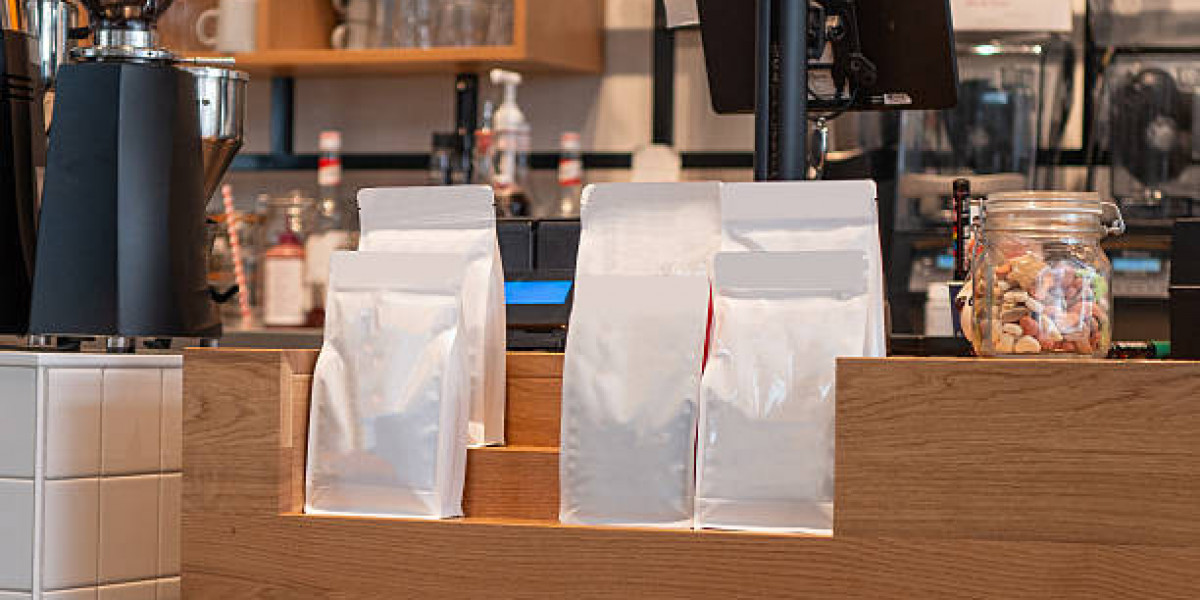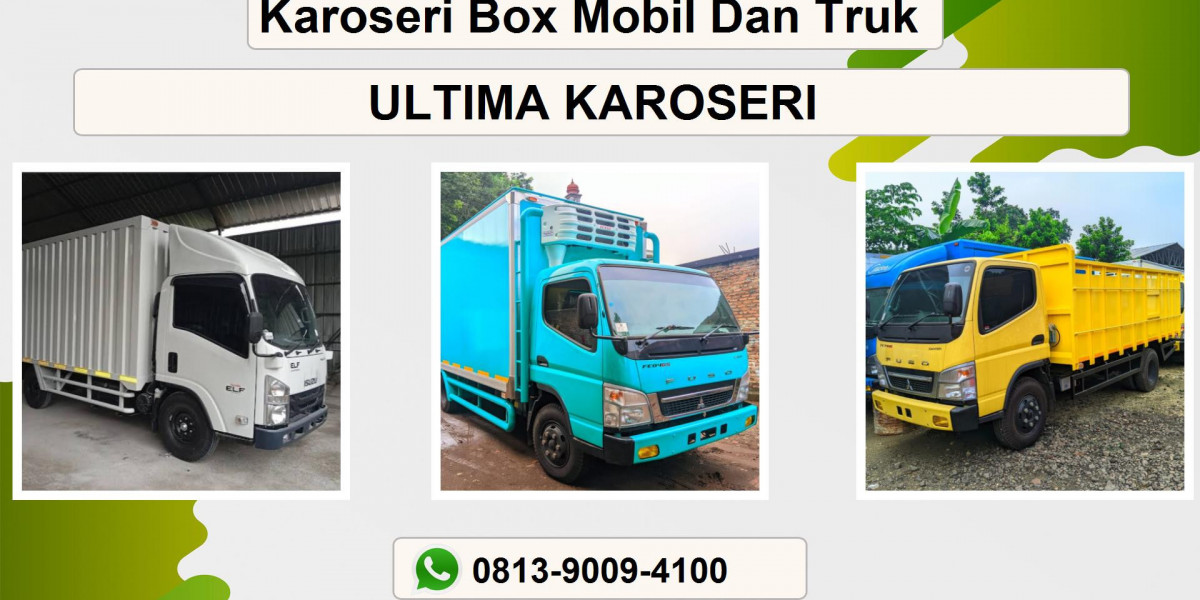Flexible packaging is gaining momentum in the UAE as industries shift towards more sustainable practices. Known for its adaptability and efficiency, flexible packaging offers environmental benefits that align well with the country's growing green agenda. This article explores how flexible packaging supports sustainability in the UAE, the materials used, and the challenges still to overcome.
What Is Flexible Packaging?
Definition and Applications
Flexible packaging refers to packaging made from non-rigid materials that can be easily shaped. These materials include plastic films, paper, aluminum foil, or layered combinations. The most common formats include pouches, wraps, bags, and sachets. This form of packaging is widely used in the food, healthcare, personal care, and industrial sectors.
Advantages of Flexibility
Its lightweight nature and design versatility make flexible packaging a preferred choice for manufacturers and retailers. It uses fewer resources during production and creates less waste compared to rigid containers.
The Role of Flexible Packaging in UAE’s Sustainability Goals
UAE’s Environmental Vision
The UAE has set ambitious targets through programs like UAE Vision 2030 and the Emirates Green Agenda. These national strategies encourage industries to adopt eco-conscious practices. Reducing plastic waste, lowering emissions, and promoting recycling are key aspects of the country’s sustainability goals.
Packaging Industry Response
In response, the packaging industry is exploring alternatives to traditional plastic. Flexible packaging offers practical solutions due to its material efficiency and reduced carbon footprint. When made from recyclable or biodegradable materials, it supports the UAE’s transition to a circular economy.
Environmental Benefits of Flexible Packaging
Reduced Transportation Emissions
Flexible packaging is much lighter than glass or metal containers. This significantly lowers fuel consumption during transportation. In a trade-centric region like the UAE, where goods often travel long distances, the emission savings are substantial.
Lower Material Use and Waste
A flexible pouch typically uses less than half the material of a rigid equivalent. This results in less production waste and a reduced burden on landfills. Flexible formats also require less water and energy during manufacturing.
Improved Product Preservation
Many flexible packages are made with barrier films that protect contents from oxygen, light, and moisture. This extends shelf life and reduces food waste. In hot climates like the UAE, product preservation is essential for minimizing spoilage.
Sustainable Materials in Flexible Packaging
Recyclable Materials
Manufacturers increasingly use mono-material films, which are easier to recycle than traditional multilayer packaging. Polyethylene and polypropylene are common choices due to their compatibility with existing recycling systems.
Biodegradable and Compostable Options
Some flexible packaging materials break down naturally under industrial composting conditions. These include films made from cornstarch or sugarcane derivatives. Though not yet widespread in the UAE, compostable packaging has potential for future growth.
Paper-Based Solutions
Paper-based laminates offer a balance between functionality and eco-friendliness. These materials are gaining traction in applications like dry food packaging and single-use sachets.
Sectors in the UAE Embracing Flexible Packaging
Food and Beverage Industry
The food industry relies heavily on flexible packaging for snacks, coffee, dairy, and frozen goods. Its resealable design helps maintain freshness while reducing the use of secondary containers.
Healthcare and Pharmaceuticals
Flexible blister packs and sealed pouches protect sensitive pharmaceutical products. These packages are tamper-evident and help extend product shelf life, ensuring safety and compliance.
Personal and Home Care Products
From shampoos to detergents, flexible sachets and refill packs are replacing traditional bottles. They occupy less shelf space and are easier to transport and dispose of.
Agriculture and Industry
Products like fertilizers, animal feed, and cleaning agents benefit from heavy-duty flexible packaging. These packages withstand rough handling and protect contents from moisture and dust.
Technological Advances Supporting Eco-Friendly Packaging
Smart and Connected Packaging
QR codes and freshness indicators can be integrated into flexible packages. These technologies help reduce waste by informing users about storage conditions and expiration dates.
Digital Printing Techniques
Digital printing reduces waste and allows for small-batch production with minimal environmental impact. It also eliminates the need for traditional printing plates, which require chemicals and energy to produce.
High-Performance Barrier Films
Modern barrier films provide excellent protection with thinner layers. This means less material is used without compromising on performance, making it easier to meet environmental standards.
Current Challenges in the UAE Market
Limited Recycling Infrastructure
Recycling facilities in the UAE are still developing. Most flexible packaging ends up in landfills due to a lack of collection and processing systems. Greater investment in infrastructure is needed to support sustainable disposal.
Consumer Awareness
Many consumers are unaware of the best practices for disposing of flexible packaging. Clear labeling and public education campaigns can improve recycling behavior and reduce contamination.
Complexity of Multi-Layer Films
Some flexible packages consist of multiple materials fused together, making them hard to recycle. The shift to mono-material designs can address this issue, but adoption is still in progress.
The Future of Flexible Packaging in the UAE
Regulatory Push and Policy Changes
The UAE is implementing policies to phase out single-use plastics. Dubai, for example, has banned plastic bags and is encouraging businesses to shift to sustainable packaging. This regulatory pressure is driving innovation and adoption in the flexible packaging sector.
Industry and Consumer Adaptation
As eco-conscious habits grow among UAE residents, demand for green packaging solutions is increasing. Industries are adapting by sourcing more sustainable materials and investing in research and development.
Collaboration for a Circular Economy
Progress in flexible packaging requires cooperation between manufacturers, recyclers, retailers, and government bodies. By working together, stakeholders can create a more efficient and eco-friendly packaging system.
Conclusion
Flexible packaging in the UAE is proving to be a valuable tool in the move toward sustainability. Its lightweight, material-efficient design, combined with advancements in recycling and compostable materials, makes it a smart choice for multiple industries. While challenges remain, the future of flexible packaging in the UAE looks promising as both the public and private sectors continue to invest in greener alternatives.














